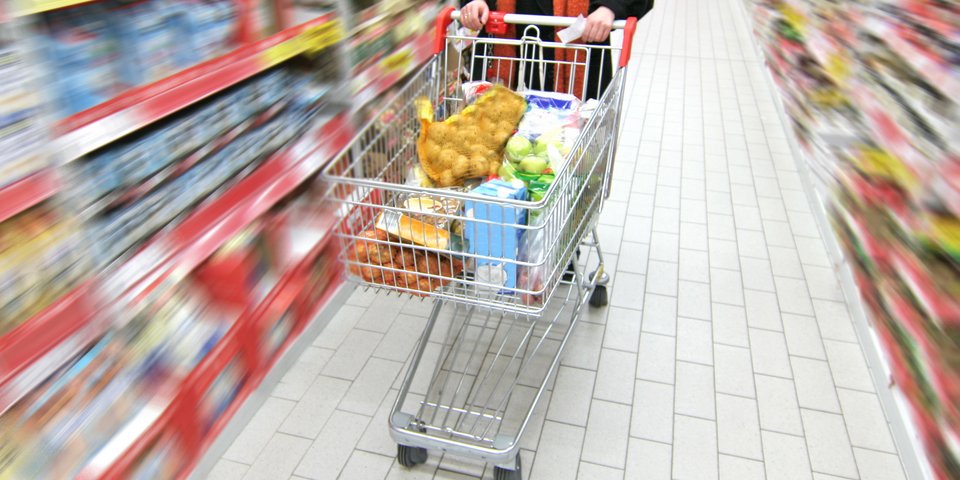 Fotolia/peppi18
Fotolia/peppi18How should alcohol for sale be labelled?
According to a recent report from the EU Commission on the labelling of alcoholic beverages for sale, consumer protection is to be increased by providing better information about their ingredients. The alcoholic beverages sector has been asked to provide proposals for self-regulation within one year.
DR/AD – 04/2017
Ingredients and nutrition declaration for alcoholic beverages
Regulation (EU) No 1169/2011 on the provision of food information to consumers, adopted by the European Parliament and Council in October 2011, required the Commission to produce a report within three years of the Regulation coming into force. The aim of the report was to examine whether the hitherto voluntary provision of a list of ingredients (Article 18 of the Regulation) and a nutrition declaration (Article 30, Paragraph 1 of the Regulation) should be made mandatory in the future for alcoholic beverages containing more than 1.2% by volume of alcohol. In addition, the report addressed the issue of whether there are justifiable exceptions and whether a specific definition is required for the term “alcopops” (Article 16, Paragraph 4 of the Regulation).
Consumer behaviour and industry reaction
As part of the report on the mandatory labelling of alcoholic beverages with a list of ingredients and nutrition declaration, published on 13 March 2017, the Commission compiled studies on consumer behaviour and the positions of selected industry representatives (producers, retailers, public authorities, NGOs). The Commission also mandated its own study. The results clearly show that consumers have a knowledge deficit when it comes to the ingredients and nutritional value of alcoholic drinks. The study also demonstrates that there is significant interest in receiving this information.
Evaluating the current positions of industry representatives showed that, in the interest of consumer needs, there are already a number of voluntary initiatives for additional information about the ingredients and nutritional values of alcoholic products and that this information is available either on the label or via the Internet.
Conclusions from the Commission
The Commission notes that the lack of information for alcoholic beverages has become noticeably conspicuous to European consumers since nutrition declarations became mandatory for pre-packed foods on 13 December 2016. The Commission also considers that the numerous national regulations on nutrition declarations adopted by various Member States contribute to an increased risk of market fragmentation.
As a result, the Commission considers it necessary to take steps which go beyond the existing voluntary regulations and has called on the industry to submit proposals for self-regulation of the entire spectrum of alcoholic beverages within one year. This would also eliminate the different treatment of special alcoholic beverages, since a definition of the term “alcopops” does not reveal any clear added value.
Finally, the Commission reserves the right to review further available options for joint regulation in the interests of consumer needs, if the approaches to self-regulation proposed by the industry are considered to be unsatisfactory.
WHO also calling for action
The Commission also makes reference to the World Health Organisation’s European Action Plan to reduce the harmful use of alcohol (2012-2020) as a further call for action. The plan states that 'ingredients relevant to health, including the calorie content' should be labelled in the interest of consumers. The plan was endorsed by 53 countries including the EU Member States.
The Commission’s report can be viewed online at:
